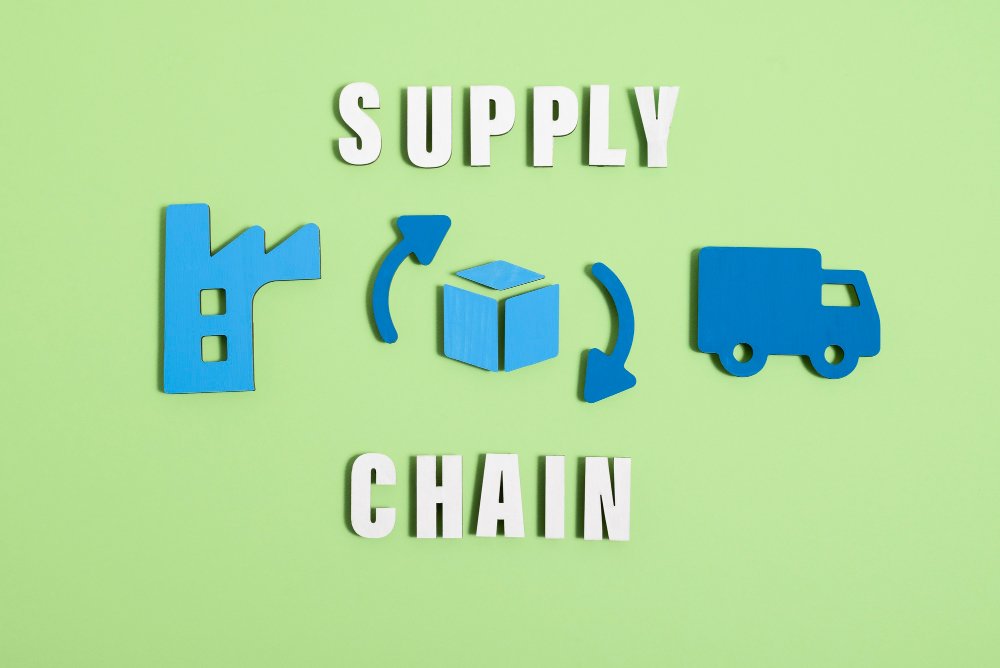Management may make data-driven decisions at the strategic and operational levels with the use of supply chain analytics. The role of supply chain analyst is to keep tabs on how the chain operates and performs, recognise current trends and hazards, and attempt to come up with practical solutions to reduce losses and improve the process. Individuals can aim for a high supply chain analyst salary as it is one of the most in-demand profiles nowadays. To understand how to become a supply chain analyst, one should improve their skill set and pick up the necessary knowledge and experience.
The creation and execution of supply chain operation plans and activities are part of what does a supply chain analyst do. To achieve the business goals, he will be involved in the creation and implementation of supply chains, including demand planning and inventory management.
What Does a Supply Chain Analyst Do – Skills & Competencies
1) Skills in Data Analysis –
This is an essential ability because the main role of supply chain analyst is to analyse data, maximise supply chain efficiency and keep costs low using enterprise resource planning (ERP) tools like SAP or Salesforce to manage all the data and process it in a way that is beneficial to the business.
2) Mathematical Competence –
Supply chain analysts need to be solid mathematicians to precisely calculate costs and savings data costs and savings data. This will help in creating and carrying out logistical plans, adapting to unforeseen problems, and finding ways that help reduce costs and increase efficiency. To gain knowledge on how to become a supply chain analyst, one needs to have a solid understanding of statistics and quantitative methods in order to analyse huge data sets and provide analytical support for projects.
3) Interpersonal Competence –
The supply chain experts collaborate with various other parties. As a result, interpersonal abilities like empathy and active listening help them form strong bonds.
4) Skills in Communication –
Strong written and spoken communication abilities make it easier to share thoughts and conclusions with the internal team and stakeholders. This will enable one to work well with multicultural teams and coworkers, including clients and suppliers.
5) Organising Techniques –
For supply chain analysts to do their jobs efficiently and to manage their workload and the speed of many projects, they must have great organisational abilities. To manage several concurrent tasks and keep data across various tools and platforms, this skill is an absolute requirement.
6) Teamwork Techniques –
The role of supply chain analyst necessitates collaboration with several teams. Thus, they must be able to perform well under pressure. In addition to this, time management is also required to keep up with the fast-paced world with clashing deadlines and priorities.
7) Understanding Market Dynamics and Economics –
Rapid transformations in customer and consumer buying behaviour are having an impact on numerous businesses. Many markets that were once only local or regional have expanded globally, and the supply chains that support them have done the same. One will need to concentrate on the future and, to some extent, foresee it as a supply chain leader. Only by having a solid grasp of the market dynamics affecting your sector and business can that be accomplished.
8) Learning to be flexible –
Your capacity to be flexible allows you to let other people participate in creative ideas. Because they know that they would accept their suggestions if it makes sense to do so, your adaptability will give those innovative thinkers the courage to share their ideas. One of the soft talents that is needed while determining how to become a supply chain analyst effectively is flexibility. This is not just because supply chain operations are evolving but also because things do not always go as planned — far from it, to be honest.
9) The Art of Negotiation –
In order to understand how to become a supply chain analyst, you’ll need to connect expertly and efficiently with people inside and outside of your company, in addition to your reports and coworkers. Supply chain analysts must frequently engage in negotiations. Even if you’re not doing so one-on-one, you’ll likely encounter situations where you’re a member of a group of individuals seeking to broker a deal or arrangement. Therefore, it is essential.
10) Leadership Qualities –
Leadership qualities help professionals in managing operations and in directing teams toward the accomplishment of objectives. Leadership capabilities also help in allocating resources effectively in order to fulfil the mission and goals of their firm, and for making meaningful decisions, supply chain analysts must possess strong leadership qualities.
Conclusion
The work of supply chain analysts is now simple yet complex, thanks to the availability of data-driven and technological solutions. The role of supply chain analyst involves possessing a variety of software abilities that may be used in their daily work to improve production and support the expansion of the business.
The SCM programme (Professional Certification in Supply Chain Management and Analytics) by Imarticus is an IIT Roorkee supply chain analyst course for someone who wants to continue this career path and earn an attractive supply chain analyst salary. This six-month programme offers live classes from qualified instructors and business professionals, as well as IIT Roorkee-recognised credentials and online supply chain management training. At the end of the training, it will provide certifications for supply chain professionals.







